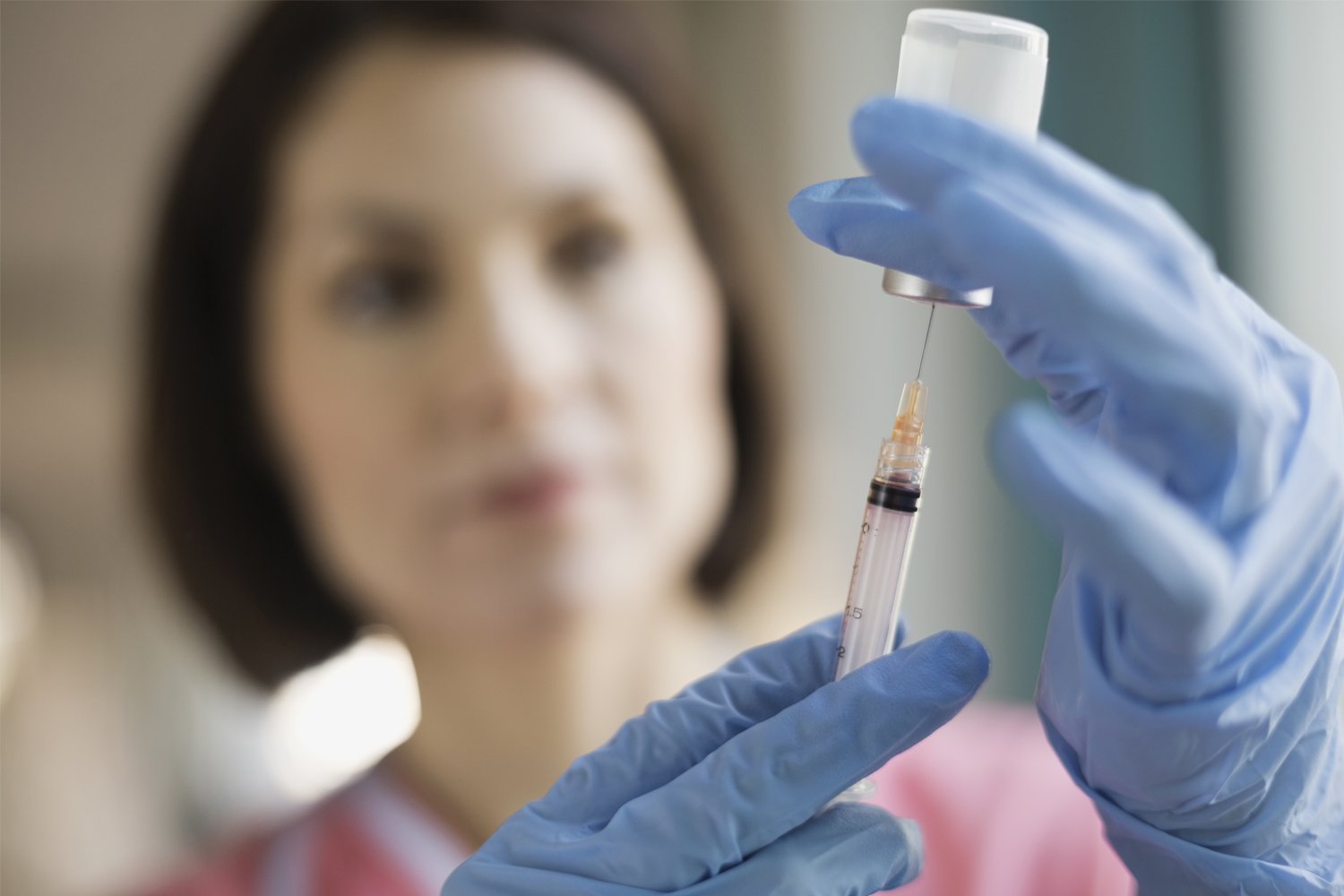
In this treatment, we select the fastest sperm cells from the man with special methods and inject them into the woman’s uterus.
There are two basic conditions for IUI to take place:
1- The tubes must be intact.
2- There should be at least 10 million sperm cells in each milliliter of a man’s semen, and at least 20% of them should be mobile enough to fertilize the oocyte.
For this reason, the patent tubes of the women should be seen with the HSG. In women whose tubes are closed, the sperm released into the uterus by IUI will not be able to pass the tube and merge with the egg cell. This means that the operation was done in vain.
In order to stimulate egg development before IUI, we follow you on the 2nd or 3rd day of menstruation by using drugs that provide egg development. We can use simple pills or daily intraperitoneal injections for egg development. This depends on your age, previous treatments, and test results.
When the eggs reach the maturity (it should reach at least 18 mm in size), we induce the ovulation.
The time from the first treatment to the ovulation process takes 8-14 days on average.
We induce the ovulation with injections through the abdomen or hip.
We perform the IUI 34-36 hours after the egg is hatched.
On the day of IUI, we select the most motile sperm in the sperm sample we received from your spouse by using fertile chips.
Your partner should ejaculate 2 days before giving a sperm sample for IUI, a 2 day sexual abstinence on the day of IUI.
When giving a sperm sample, your partner should give the sample in such a way that it is completely left inside the sample container, without using any lubricant such as saliva or soap.
We leave the selected sperms into the uterus with the help of a tube that we extend from the reservoir to the uterus.
IUI is a painless and anesthesia-free procedure.
The woman in the ovulation period lies on the gynecological examination table. The inspection tool is placed in the vagina. Washed, high-quality sperm standing in a special injector is injected into the vagina through the cervical canal. For this, a thin tube is used, which is inserted through the cervical canal into the uterus. We call this the ‘IUI catheter’.
Thus, unlike the normal intercourse, the best quality sperm of the man is selected and deposited directly into the uterus.
In the next stage, these quality sperm injected into the uterus are expected to pass through the uterus to the tubes and fertilize the egg cell.
After IUI, you should lie down on the examination table for 15 minutes, and do not get up immediately. At the end of the 15-minute waiting period, you can stand up and return to your normal daily life.
IUI is most commonly performed when the man’s sperm counts are low. Apart from this, IUI can be tried in almost any type of infertility.
Let’s list the situations where vaccination is most applied:
– If sperm values are slightly lower than normal values
– If sperm values are slightly lower than normal values
– In couples with unexplained infertility
– In women with endometriosis disease and with intact tubes
– In women with polycystic ovarian disease
– In women with a narrow cervix, where sperm have difficulty passing through the cervix
– In the treatment of men who have erectile dysfunction during sexual intercourse and cannot ejaculate into the vagina
– In the treatment of women who feel the pain during sexual intercourse.
Pregnancy success after IUI:
Depending on the cause of infertility, the age of the woman and the treatment drugs used, the chance of conceiving after IUI is approximately 20%. In other words, one out of every four women can become pregnant after IUI.
Apart from this, in couples with infertility longer than 6 years, in women with suspected damage to their tubes, in cases where the male’s sperm values are very low, IUI is a waste of time, it makes sense to go directly to in vitro fertilization.
IUI and IVF procedures are performed in our clinic. Please contact 0318 233 03 03 for an interview or examination appointment.
